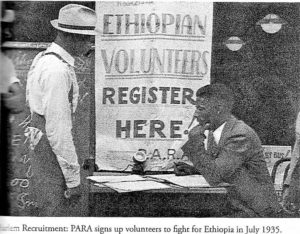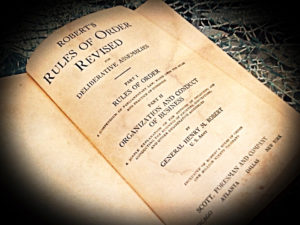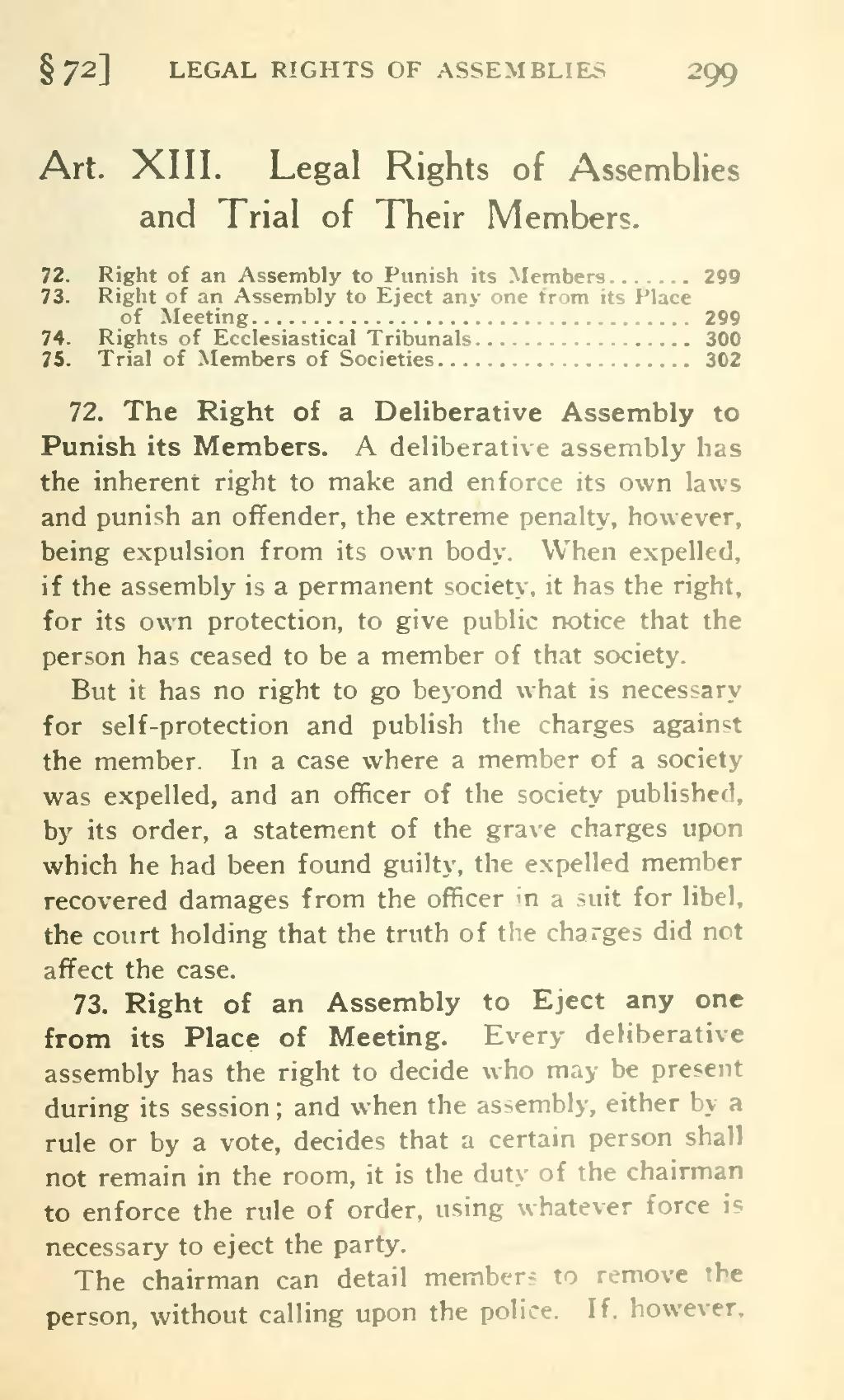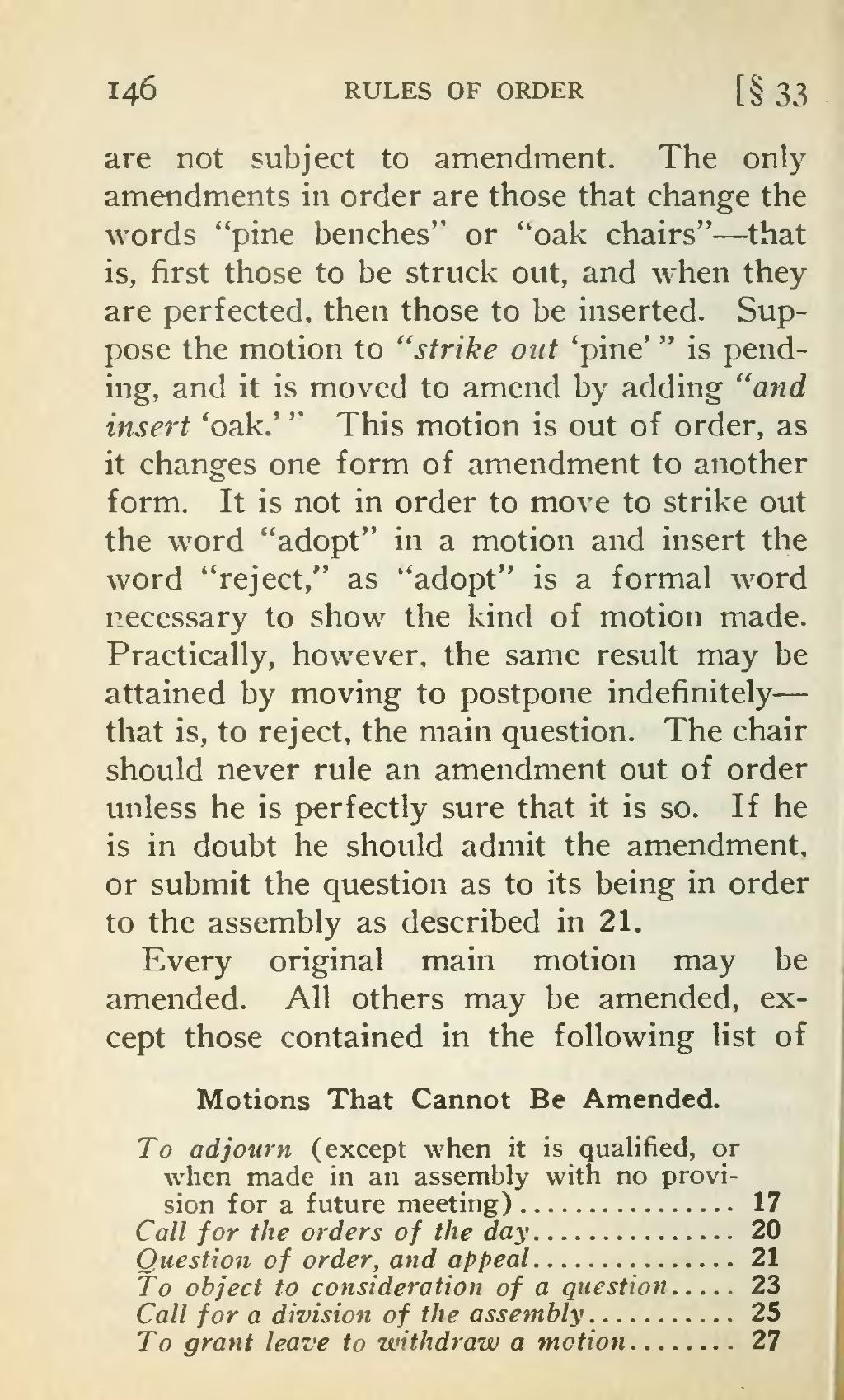Every business has confidential information or processes that give it advantages over its competition. These include customer lists that were crafted by a great deal of effort and expense, special pricing formulas, designs for products codes or systems, or any other inventions. The law protects companies by making these processes or documents private to ensure that competitors don’t have easy access to them.
There are a lot of administrative documents that must remain private. These www.dataroombusiness.com/due-diligence-checklist-for-virtual-data-room-preparation might include detailed seating plans, office layouts and internal procedures. There could also be confidential information on customers, including sales numbers as well as confidential data from vendors. Finally, there might be personal information of employees such as tax forms, pay stubs and other payroll data.
A nondisclosure agreement is the most effective method to protect confidential company documents. You must be very careful in defining what information is confidential and in drafting your agreement. Be very specific so that you prevent employees, whether former or current, from later claiming that they did not know that the information was protected by confidentiality policies.
Also, be very specific about the length of the nondisclosure agreement. It is not enforceable if the period of protection is longer than is reasonable to safeguard the company’s legitimate or “protectable” interests. In general, the courts will examine the facts and decide what is reasonable. If you are concerned about a particular employee, you might consider offering the promise of a raise or a promotion in exchange for signing the agreement. This could be enough to overcome any claims that the employee did not know the document was confidential.








